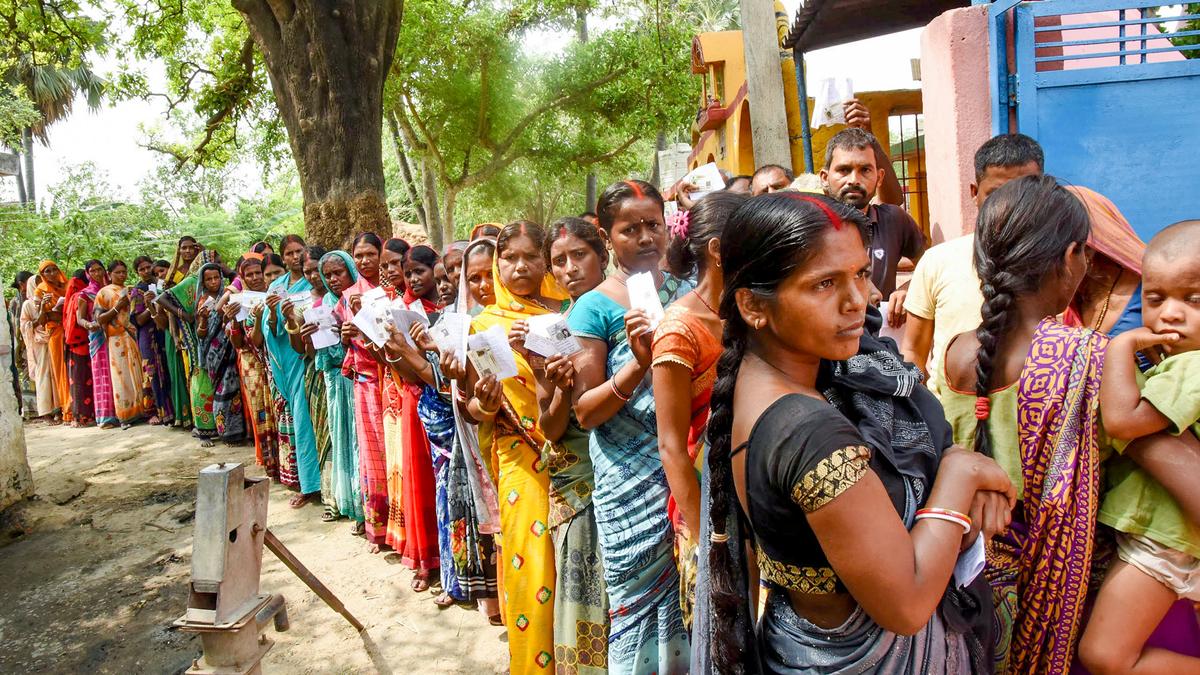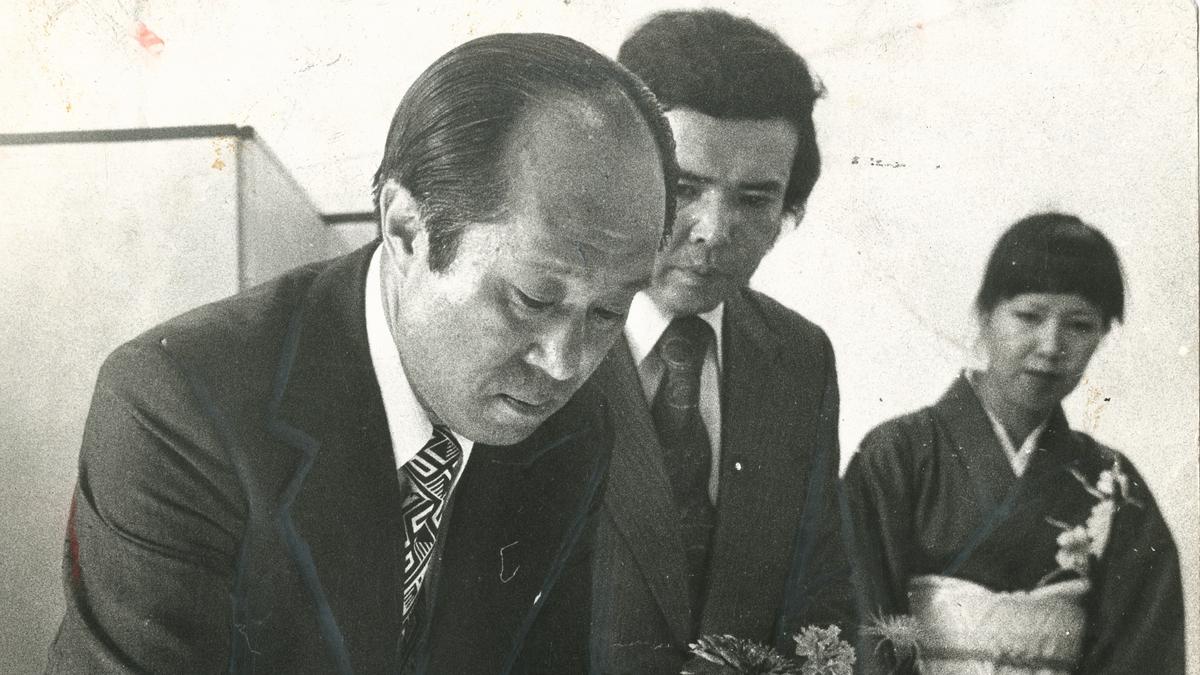Now Reading: How Bihar’s SIR Process Disenfranchises Women Migrant Voters
-
01
How Bihar’s SIR Process Disenfranchises Women Migrant Voters
How Bihar’s SIR Process Disenfranchises Women Migrant Voters

Quick Summary
- Context: The Special Intensive Revision (SIR) of electoral rolls in Bihar excluded approximately 65 lakh electors, as per data published by the Election Commission of India (EC) on August 1, 2025.
- Reasons for Deletions:
– Permanent migration: Over 55% of deletions were due to electors being permanently shifted or untraceable.
– Deaths: Around 34%.
– Multiple enrollments: Only about 10.8%.
- gender Disparity in Deletions:
– A significant portion (56%) of deletions in the nine Assembly Constituencies with highest exclusions were female voters.
– married women, particularly aged between 18-39 years, were disproportionately affected due to marriage-driven migration. Marriage accounts for approximately 85.7% of female migration in Bihar per Census data.
- Legal Ambiguity:
– The definition of “ordinary residence,” critical for determining voter eligibility under the Representation of People Act, is not legally well-defined.
– The EC’s process – requiring existing voters to submit enumeration forms within a strict timeline – added hurdles for migrant and married women electors.
- Allegations and Concerns:
– Claims suggest that EC’s process has a structural bias against migrants and young married women, potentially leading to disenfranchisement without proactive measures like ensuring re-enrollment at new locations.
[Photo Credits & Data Tables Included]
Indian Opinion analysis
The findings from the Bihar electoral roll revision highlight significant challenges concerning migrant inclusion and gender equity. While permanent migration remains the major cause cited for deletions, legal ambiguities undermine protections for those frequently displaced-such as young married women migrating due to marriage.
The disproportionate exclusion risks alienating an already vulnerable population segment from vital democratic processes and underscores systemic flaws in addressing India’s diverse societal mobility patterns. Notably absent is clarity on how “ordinary residence” applies uniformly across cases like employment or marriage-driven relocation-a gap inviting procedural errors with far-reaching implications.
Moving forward,increased procedural flexibility such as extending deadlines for registration claims or introducing safeguards specific to high-migration groups could temper concerns around disenfranchisement. equally important would be legislative action solidifying interpretations regarding voter residency requirements-a step pivotal if India’s electoral system aims to remain inclusive amid shifting demographics.





















